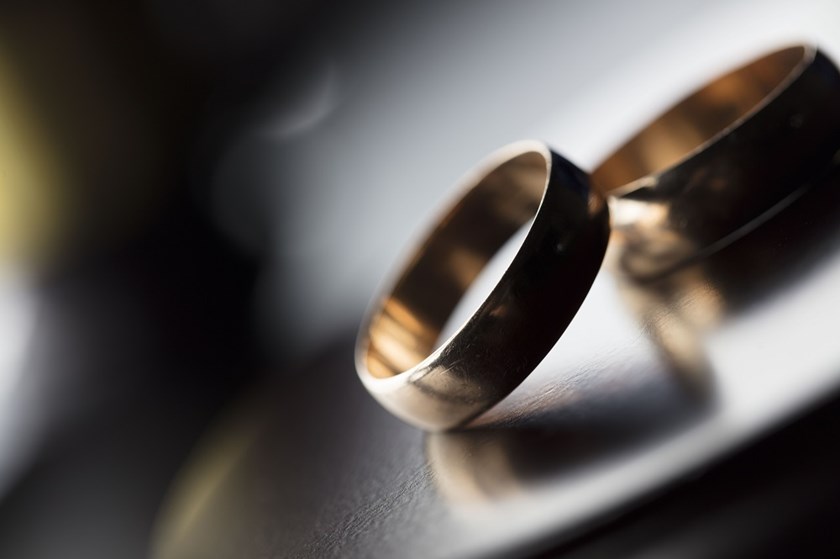Listening ears switched on? The voice of the child in family proceedings
News

Children are always being told the importance of listening to others, but are the courts listening to children when making decisions that affect them the most? What are their wishes and feelings about their lives, their families and their arrangements, and how much should those wishes and feelings impact the court's decision? A child may be able to contribute evidence not easily given by either of the parents – for example, about his/her state of mind during a period in question. Is this evidence being listened to?
The current law
The Children Act 1989[1] places an obligation on the court to have regard to the "ascertainable wishes and feelings of the child concerned (considered in light of his age or understanding)".
How can the child's voice be heard in proceedings?
A child's wishes and feelings might be ascertained in a number of ways including:
Hearsay evidence from their parents
Often parents set out in their own evidence what their children have said to them about how they feel about their circumstances or potential changes to them. Clearly there are potential difficulties with such an approach.
A CAFCASS officer or Independent Social Worker providing a report to the court
At present, this remains the most common method in private law children disputes. CAFCASS officers or ISWs normally observe the child in the home and the relationships between adults and the child, as well as interview the child, parents, wider relatives, teachers etc. before setting out what they were told and observed in a written report. The risk is of course that the children's wishes and feelings might be presented through the prism of the CAFCASS or ISW's (unconscious) bias.
The CAFCASS officer or ISW are also able to attend court hearings to report directly to the Judge. However, they are not a child's advocate; and they are of course unable to respond on a child's behalf to evidence as it unfolds.
By the child giving evidence
Until now, this has been unusual in private law children disputes, but times are changing.
In the recent case of Re E[2] Lord Justice MacFarlane made clear that in every case the court should conduct a bespoke evaluation of whether a child should or should not be called to give live evidence. Following the Supreme Court decision of Re W[3] a presumption against a child giving evidence, could not be justified.
Even more recently, in Re F[4], the President made it clear that proper adherence to the principles in Re W means there will be an ever increasing number of children giving evidence in family proceedings.
By having separate representation and being joined as a party to proceedings
Again, separate representation and joining a party to proceedings has historically been relatively unusual in private law children disputes but this is changing.
In the high profile case of Ciccone v Ritchie[5], the 15 year old son, Rocco, was separately represented. He wanted active rather than passive participation (through CAFCASS/his parents) in the proceedings and his application to be joined as a party was successful as it was deemed to be in his best interests.
By the judge meeting the child in person, outside of the court room
The 'Guidelines for Judges Meeting Children', as clarified by the Court of Appeal[6], set out that the purpose of such a meeting; the judge should largely be a passive recipient of what the child feels able to share about his or her wishes and feelings, and the Judge should certainly not seek to probe or test what the child says.
Conclusion
Not only is the court obliged to hear a child's voice, but from a practical and emotional perspective, a child who knows his or her view has been fully advanced to a Judge is more likely to accept and respect a court's decision, and there is a risk of emotional harm if he or she is denied knowledge and/or participation.
That said, there could be a risk of emotional harm to a child if the encouragement to hear their voice leads the child to adopt a confrontational stance towards one or both of their parents, or the child feels they are bearing an inappropriate degree of responsibility regarding their family's arrangements.
As practitioners, we must ensure that we explore how best a child's voice can be heard by the court, whilst ensuring that children are protected from potential emotional harm.
"It is the child more than anyone else who will have to live with what the court decides" [7].
If you require further information on anything covered in this briefing please contact Sarah Hutchinson ([email protected] , 020 3375 7221), Rebecca Heyworth ([email protected] , 020 3375 7428) or your usual contact at the firm on 020 3375 7000. Further information can also be found on the Family page on our website.
This publication is a general summary of the law. It should not replace legal advice tailored to your specific circumstances.
© Farrer & Co LLP, October 2016
Footnotes:
[1] Section 1(3)(a)
[2] Re E (A child) [2016] EWCA Civ 473
[3] Re W (Children) (Family Proceedings: Evidence) [2010] UKSC 12; [2010] 1 WLR 701
[4] Re F (Children) [2016] EWCA Civ 546
[5] Re E (No 1) [2016] EWHC 608 (Fam)
[6] Re KP (A Child) [2014] EWCA 554
[7] Baroness Hale, Re D (A Child) [2007] 1 AC 619






